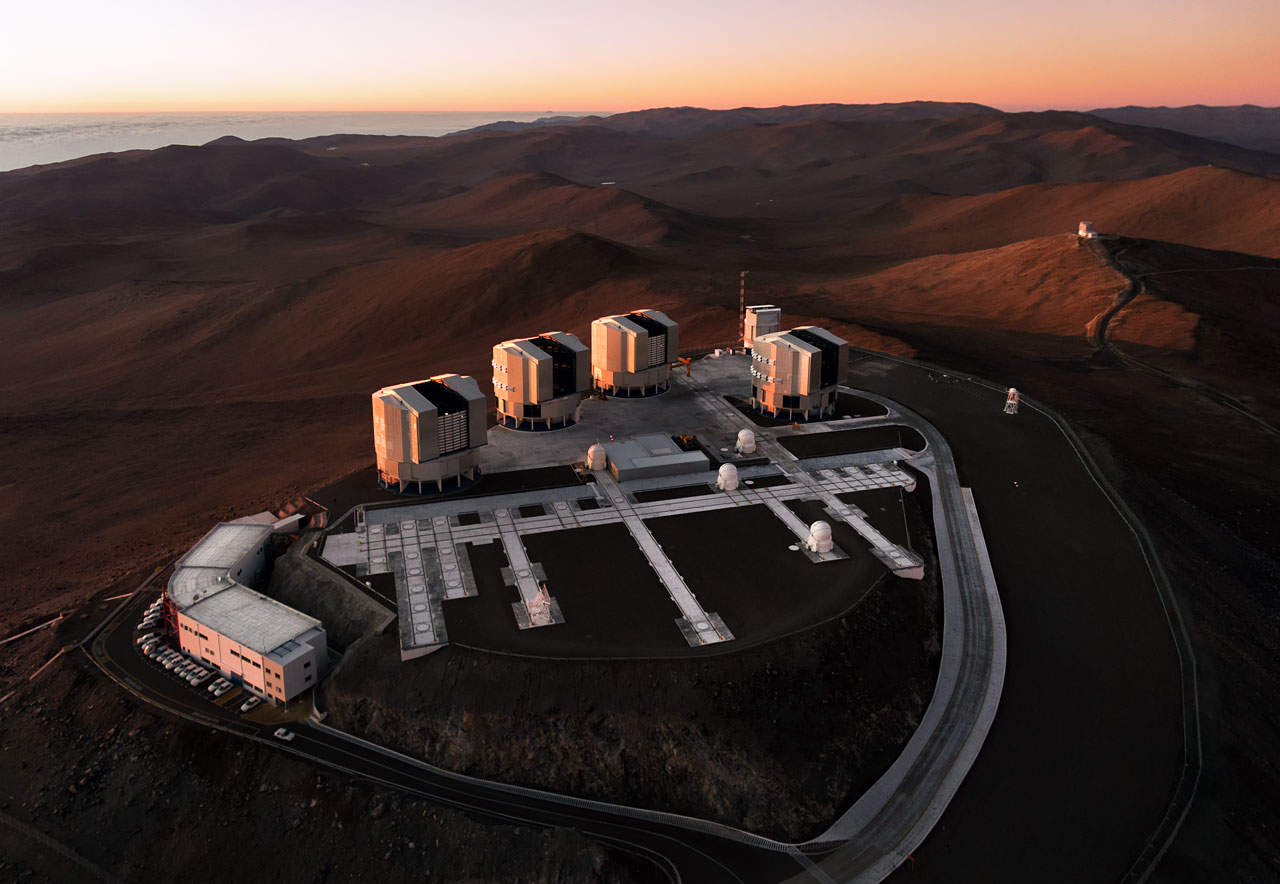Muon Space climate-monitoring satellites eyed for military applications

WASHINGTON — Muon Space, a startup specializing in small satellites for Earth climate monitoring, has been awarded a $2.9 million contract by the U.S. Space Force to evaluate its satellite technology for military applications.
The Small Business Innovation Research (SBIR) Phase 2 agreement, announced Dec. 5, aims to assess whether Muon’s instruments can provide high-resolution imagery of cloud cover and weather conditions critical for military and intelligence operations.
Based in Mountain View, California, Muon Space is working to advance dual-use technology through collaborations with defense and environmental stakeholders. Its latest project, in partnership with the nonprofit Earth Fire Alliance, involves deploying a constellation of “FireSat” satellites in low Earth orbit to monitor wildfires and related environmental phenomena. The Space Force contract will explore how these systems might also fulfill defense needs.
Cloud cover data
Accurate cloud cover imaging is vital for military operations, as precision-guided munitions, satellite imagery scheduling and reconnaissance planning rely on detailed weather data. Historically, the Defense Meteorological Satellite Program (DMSP) has provided this capability, but the aging fleet is nearing the end of its operational life, prompting a search for other solutions.
Muon Space’s electro-optical infrared (EO/IR) instruments, designed for climate monitoring, have shown promise in addressing military requirements, CEO Jonny Dyer told SpaceNews.
Under an earlier contract with the U.S. Air Force, Muon has been studying its capabilities to capture cloud characterization data. The new agreement broadens that scope, allowing the company to evaluate its sensors’ ability to deliver comprehensive weather imagery using its upcoming FireSat constellation.
Scheduled for launch in 2026, FireSats will carry instruments tailored for both wildfire detection and weather monitoring. “It’s a dual-use technology that not only supports defense priorities but also the wildfire monitoring mission,” Dyer said.
He explained that the FireSat infrared instruments will include additional spectral bands to enhance their cloud cover imaging capabilities. To better understand military requirements, the company has been working with the Air Force’s 557th Weather Wing, the military’s primary meteorological unit, which integrates weather inputs from various sources to generate operational models.
Muon Space is vertically integrated, meaning it designs and builds its satellites, handles launches, and delivers data directly to customers.
To date, the company has launched two satellites. The first, a demonstration mission, took place in June 2023, followed by a prototype weather satellite launched in March 2024 in partnership with the U.S. Air Force Life Cycle Management Center and the Defense Innovation Unit. This prototype, however, does not provide the infrared data that would be required for theater weather imagery.
Related
Read the original article here




